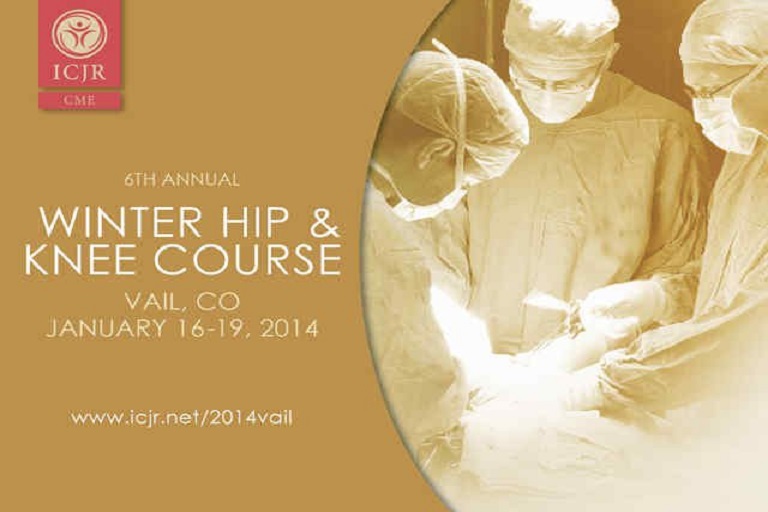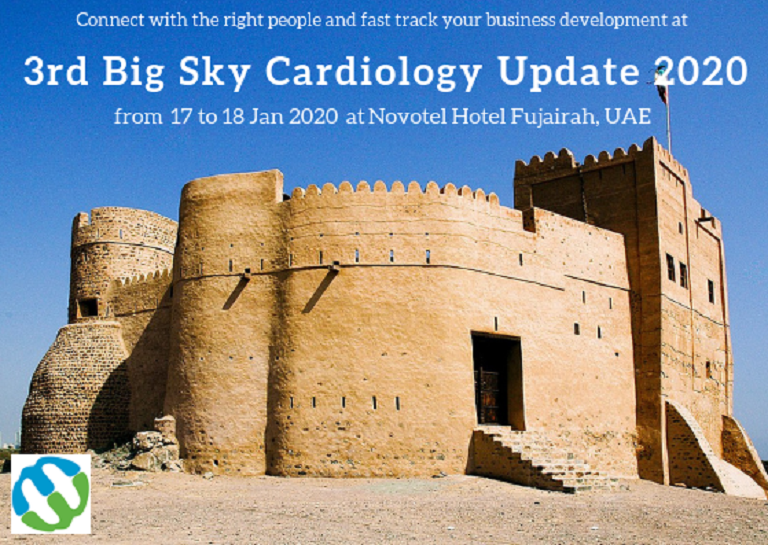It’s no surprise that the HIMSS17 conference dwelled on high profile topics around population health, data analytics, more affordable EHRs and security. What IS surprising is that patient engagement is now being reported right up there as an HIT priority. Why?
Most hospitals are still experiencing dismal usage of patient portals, especially in community and rural hospitals. But this is a problem plaguing even our large health systems. As a result, the many anticipated benefits to patients and to hospitals — including cost savings and efficiencies — are still not a widespread reality.
Until recently, patient engagement has dwelled quietly on the “soft” side of healthcare IT, exemplified by patient portals that are required by Meaningful Use, but which have remained dispensable for many patients. Lack of EHR interoperability has required patients to register in many providers’ portals — a waste of time by any measure except the providers.’ And, too often, portals have not offered the features patients want most — online scheduling and bill payment, full views of their medical records and test results, and secure messaging with their physicians. Despite this impediment to patient engagement, the growth of other engagement solutions such as remote patient monitoring capabilities and other e-health components of population health management is transforming healthcare for many, especially those in underserved areas.
Maybe there will always be a segment of our patient population that will resist using a patient portal, but I doubt it. Online transactions and cell phone reliance have grown from gimmick status to ubiquity in one generation. Our population’s comfort with online tools will likely increase patient portal usage even more quickly once robust features, easy usability, and effective promotion become the norm.
So, what functionalities should patient portal tools have to succeed?
The Starter Set
The best approach is to follow a progressive, systematic patient portal strategy, starting with basics and advancing toward a robust tool that continually enhances the patient/provider relationship. According to polling data, patients want, at a minimum, to schedule appointments, pay bills and view records online. Most providers still don’t offer this trifecta. It makes sense to start with these three basic capabilities because they’re relatively easy to install and attractive to patients.
Beyond these three functions, it’s essential to look at portals from other functional perspectives as well as overall usability. Sure, you could build a portal that allows patients to view every data nugget in their record, but it won’t matter much if the tool lacks usabilty and value.
Core Functional Capabilities
Capterra, an organization that identifies ideal software solutions for specific business needs, talked to actual patient users to determine what’s optimal in the patient portal experience. Here are some core functional characteristics that the best solutions share.
- Make it easy to sign up and log in. Patients will give up on using the portal if the very first thing they must do is prohibitively complex or error prone. Your portal should have automated password recovery and be available any time, night or day. A help desk should be readily available by telephone and/or chat to cut through any patient usage issues.
- Give patients secure email access to their physicians. Patients want responses to medical questions from a doctor, or at least a nurse practitioner. Emails should provide for attachments, such as health-related photos, e.g., a rash or test results from other caregivers. The email system should include automated alerts so that patients don’t have to continue checking for new messages. Not so incidentally, use of secure physician-patient email communication is associated with a 2 to 6.5 percent improvement in Healthcare Improvement Data Information Set (HEDIS) health measures like glycemic, blood pressure and cholesterol screening and control.
- Similar to email alerts of physician communications, your portal should send out notifications when significant portal content changes. As an obvious side note, patients won’t care about the latter unless portal content is timely and of interest and value.
- Connect the portal to your EHR. Of course. Many portals are a component of the broader EHR, and others are standalone but integrate with an EHR, so virtually all available solutions satisfy this requirement. This connectivity will enable immediate availability of clinical and financial data communication between patients and providers.
- Make the portal mobile friendly. Human beings are taking their technology with them wherever they go. Most people check and respond to email on a mobile device now, and they want solutions that are optimized for both mobile and non-mobile platforms.
- Facilitate online bill payment, a service that has become the norm in most bill-paying scenarios. Moving forward, the patient-as-consumer is likely to gravitate away from providers that can’t enable them to pay medical bills online as easily as they can pay the electric bill.
Some portals offer functionalities that just need to be “turned on”; others don’t and may require further IT development and customization. Either way, it’s clear that healthcare consumer online tools should approximate the experience of accessing other types of services. Yes, healthcare is different, but patients are also consumers who will shop for providers with modern electronic tools if their frustration exceeds a certain threshold.
Clinical Encounter Integration, Mutual Benefits and the Holy Grail: EHR Interoperability
Beyond offering basic engagement and usability features that apply to most computer-based tools these days, the best patient portals also support patient-centered outcomes and integrate with clinical encounters. Getting to that level of patient portal use will likely be an evolving process among hospitals, physicians, patients and IT, but should be an essential component of your longterm planning.
Patient portal use correlates with loyalty and increased revenues. According to a Health Affairs Blog post, Kaiser Permanente patients that use the portal are 2.6 percent more likely to remain a member of the health system than non-users. Pulling in the crucial quality component, it also helps that 85 percent of patients give email communications an 8 or 9 on a nine-point scale.
Let’s face the challenges of achieving optimal patient portal use, recognizing its integral importance to both healthcare providers and patients. Through robust portals, patients can more efficiently support their own healthcare and feel more in control. As patients experience more benefit, their providers will too. Engagement of both groups will evolve into time savings for both, cost savings and increased revenues for providers, fewer unnecessary visits, stronger patient-provider relationships, and improved outcomes.
Of course, the elephant in the room is lack of interoperability among EHRs. As long as patients have to enroll in portal after portal because their providers’ EHRs cannot talk with each other, full potential benefits of patient portals and other online health-related communications tools will not be realized. But that is the subject of another blog post…. Right now, we can only do as much as we can do. Achieving long-needed interoperable EHRs will enable a great leap forward.




















































